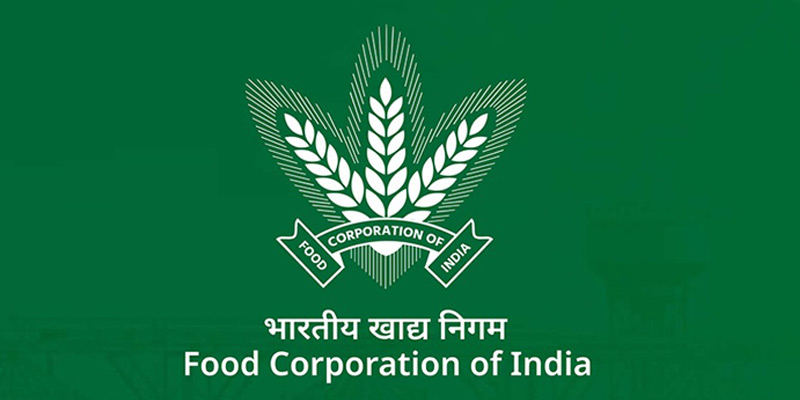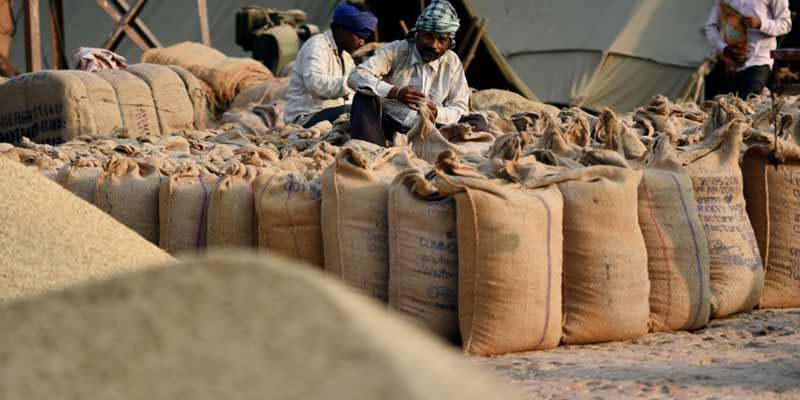- India
- Nov 07
What is the role of Food Corporation of India (FCI)?
• The Cabinet Committee on Economic Affairs (CCEA), chaired by Prime Minister Narendra Modi, has approved infusion of equity of Rs 10,700 crore for working capital in financial year 2024-25 in Food Corporation of India (FCI).
• The FCI is the government’s nodal agency for procurement and distribution of foodgrains.
• FCI plays a pivotal role in ensuring food security by procurement of foodgrains at Minimum Support Price (MSP), maintenance of strategic foodgrain stocks, distribution of foodgrains for welfare measures and stabilisation of foodgrain prices in the market.
• The CCEA decision is aimed at bolstering the agricultural sector and ensuring the welfare of farmers nationwide.
• The FCI started its journey with authorised capital of Rs 100 crore and equity of Rs 4 crore.
• The operations of FCI increased manifolds resulting in increase of authorised capital from Rs 11,000 crore to Rs 21,000 crore in February 2023.
• The equity of FCI was Rs 4,496 crore in 2019-20 fiscal, which was increased to Rs 10,157 crore in 2023-24.
• Now, the government of India has approved a significant amount of equity of Rs 10,700 crore for FCI which will strengthen it financially and will give a big boost to the initiatives taken for its transformation.
Food Corporation of India
• The Food Corporation of India (FCI) is the main agency responsible for execution of food policies of the government.
• It was established on 14 January, 1965 under the Food Corporations Act, 1964.
• FCI is a Public Sector Undertaking under the department of food and public distribution in the Ministry of Consumer Affairs, Food and Public Distribution.
• FCI, as the pillar of India’s food security architecture, plays a pivotal role in various crucial functions, including the procurement of food grains at minimum support price (MSP), maintenance of strategic food grain stocks, distribution to state governments and Union Territories, and stabilisation of food grain prices in the market.
• The functions of FCI primarily include purchase, storage, movement, distribution and sale of foodgrains on behalf of the government.
Objectives of FCI:
i) Effective price support operations for safeguarding the interests of farmers.
ii) Distribution of foodgrain throughout the country for public distribution system.
iii) Maintaining a satisfactory level of operational and buffer stocks of foodgrain to ensure national food security.
• Since its inception, FCI has played a significant role in India’s success in transforming the crisis management oriented food security into a stable security system.
• The Quality Control (QC) wing of FCI is entrusted with the task of procurement and preservation of foodgrains. The foodgrains are procured as per specifications laid down by the government and inspected regularly during storage to monitor the quality.
• Representative samples of the stock are drawn for physical and chemical analysis to ensure whether the quality standard meets the parameters laid down by the government as well as Food Safety and Standards Authority of India (FSSAI).
Manorama Yearbook app is now available on Google Play Store and iOS App Store


